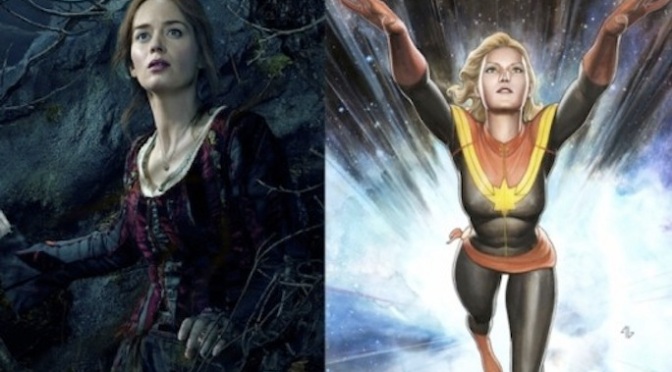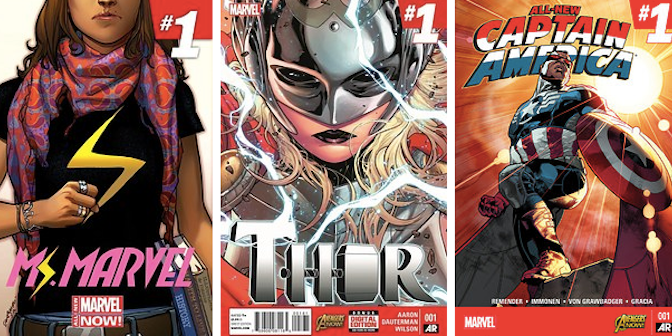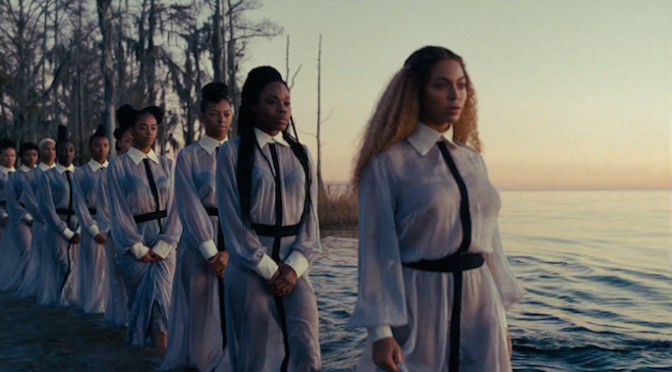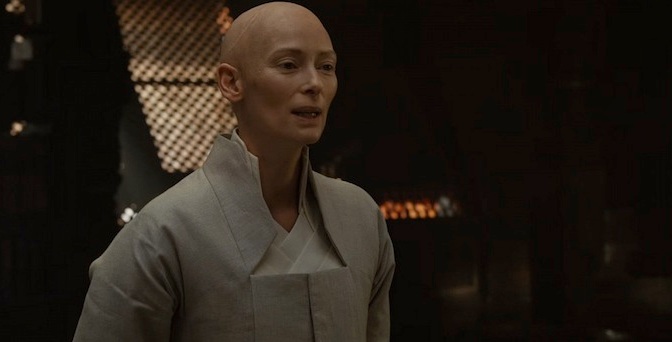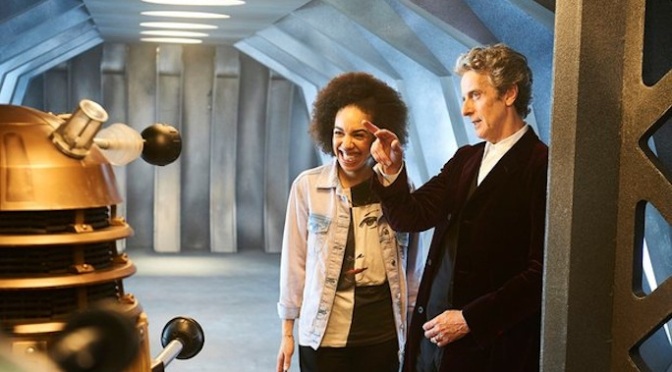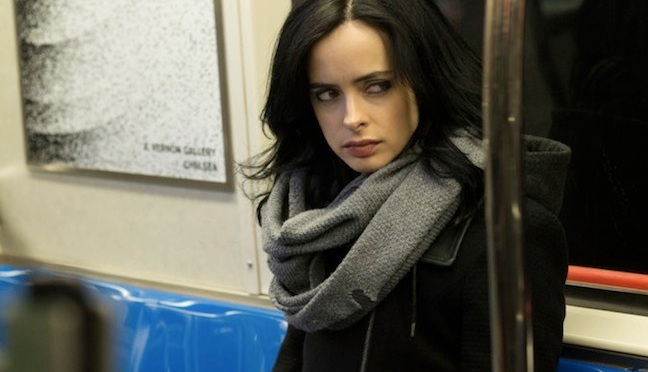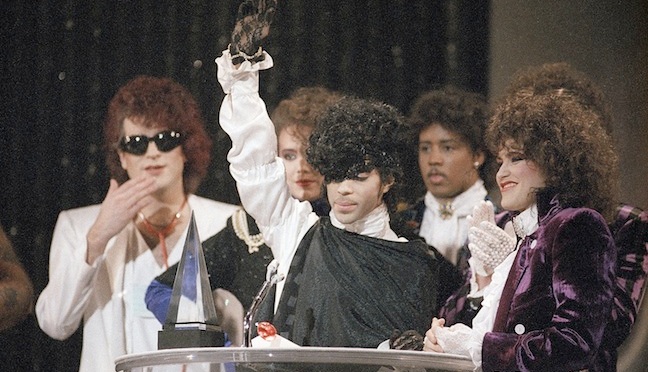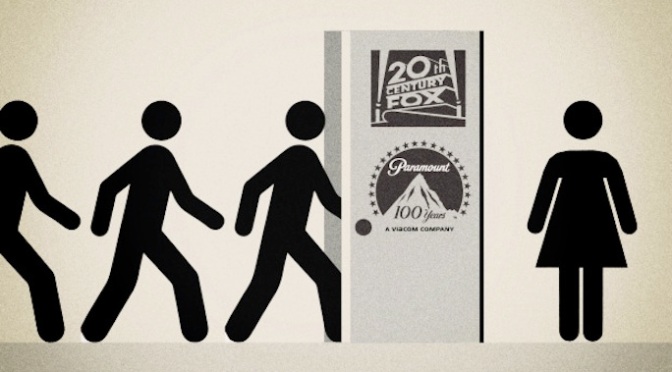“With the release of Captain America: Civil War less than two weeks off, Phase 3 of the Marvel Cinematic Universe is about to shift into overdrive. It may be a long time before Captain Marvel sees action in 2019, but is it possible that Marvel’s already got the perfect lead actress and director in mind?
During this week’s episode of Meet The Movie Press, The Wrap’s Jeff Sneider had some interesting insight into the forthcoming Captain Marvel flick. Although cryptic, Sneider did offer up a curious possibility.
“There was a rumour about an actress being up for it; an already existing rumour, that’s not new. I’ve definitely heard there’s some truth to that rumour, and that there’s a director with the same first name who has also been eyed. I don’t think that [an announcement] is too far off. If they can make it to Comic Con, they will.”
If there’s truth to the rumor, it would seem the actress and director share the same first name. So far, there have been a number of actresses associated with the Captain Marvel role. List toppers include Charlize Theron, Rebecca Ferguson and Brie Larson. In particular, Emily Blunt has been heavily connected with the role.
Depending on how accurate the rumor is, it’s entirely possible Emily Blunt is Marvel’s top choice for the role. But who would direct Captain Marvel? CBM has a few suggestions, such as British director Emily Young (Veronika Decides to Die), Emily Ting (Already Tomorrow In Hong Kong), web-animator and short film director Emily Carmichael (Penny Arcade), or filmmaker wunderkind Emily Hagins (Pathogen)…”
http://wegotthiscovered.com/movies/does-captain-marvel-have-a-star-and-director-lined-up/
